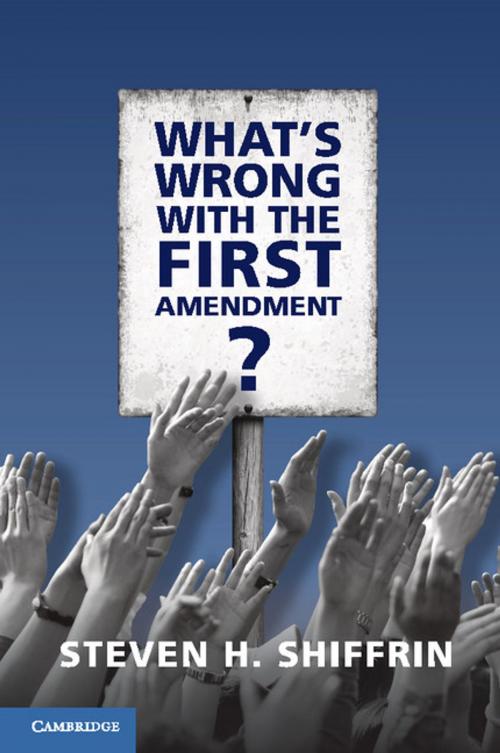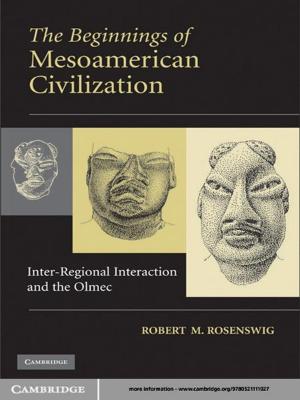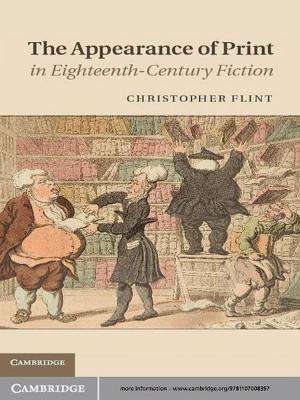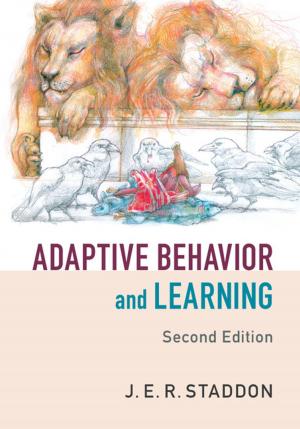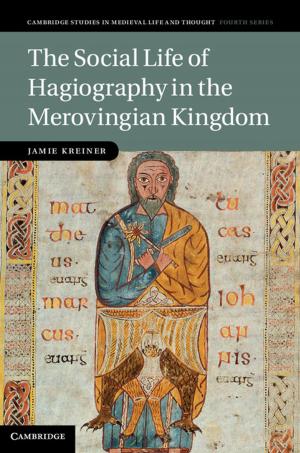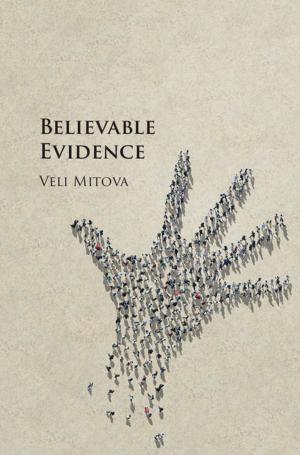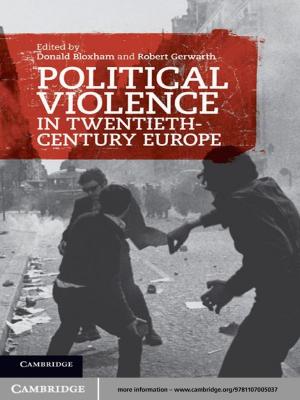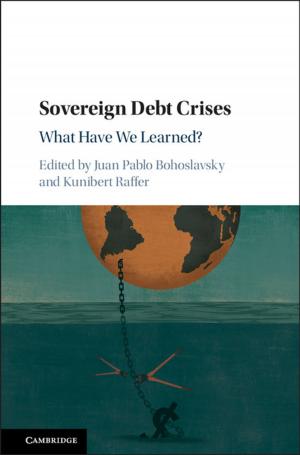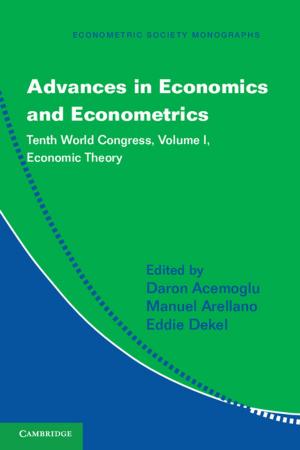| Author: | Steven H. Shiffrin | ISBN: | 9781316839126 |
| Publisher: | Cambridge University Press | Publication: | October 6, 2016 |
| Imprint: | Cambridge University Press | Language: | English |
| Author: | Steven H. Shiffrin |
| ISBN: | 9781316839126 |
| Publisher: | Cambridge University Press |
| Publication: | October 6, 2016 |
| Imprint: | Cambridge University Press |
| Language: | English |
What is Wrong with the First Amendment? argues that the US love affair with the First Amendment has mutated into free speech idolatry. Free speech has been placed on so high a pedestal that it is almost automatically privileged over privacy, fair trials, equality and public health, even protecting depictions of animal cruelty and violent video games sold to children. At the same time, dissent is unduly stifled and religious minorities are burdened. The First Amendment benefits the powerful at the expense of the vulnerable. By contrast, other Western democracies provide more reasonable accommodations between free speech and other values though their protections of dissent, and religious minorities are also inadequate. Professor Steven H. Shiffrin argues that US free speech extremism is not the product of broad cultural factors, but rather political ideologies developed after the 1950s. He shows that conservatives and liberals have arrived at similar conclusions for different political reasons.
What is Wrong with the First Amendment? argues that the US love affair with the First Amendment has mutated into free speech idolatry. Free speech has been placed on so high a pedestal that it is almost automatically privileged over privacy, fair trials, equality and public health, even protecting depictions of animal cruelty and violent video games sold to children. At the same time, dissent is unduly stifled and religious minorities are burdened. The First Amendment benefits the powerful at the expense of the vulnerable. By contrast, other Western democracies provide more reasonable accommodations between free speech and other values though their protections of dissent, and religious minorities are also inadequate. Professor Steven H. Shiffrin argues that US free speech extremism is not the product of broad cultural factors, but rather political ideologies developed after the 1950s. He shows that conservatives and liberals have arrived at similar conclusions for different political reasons.
